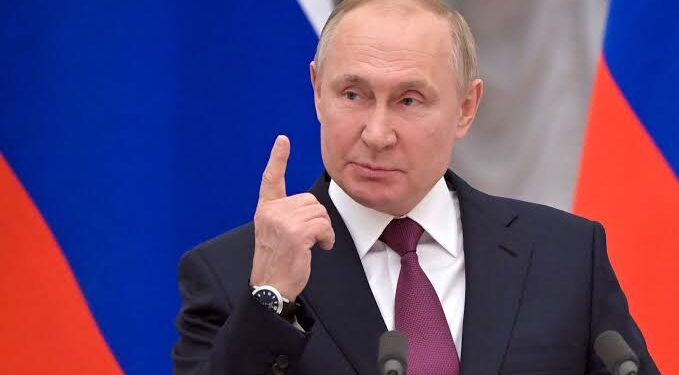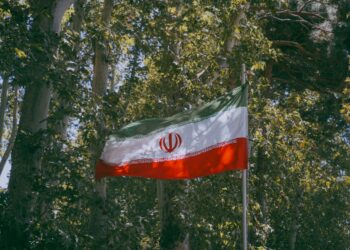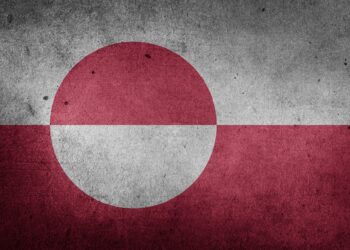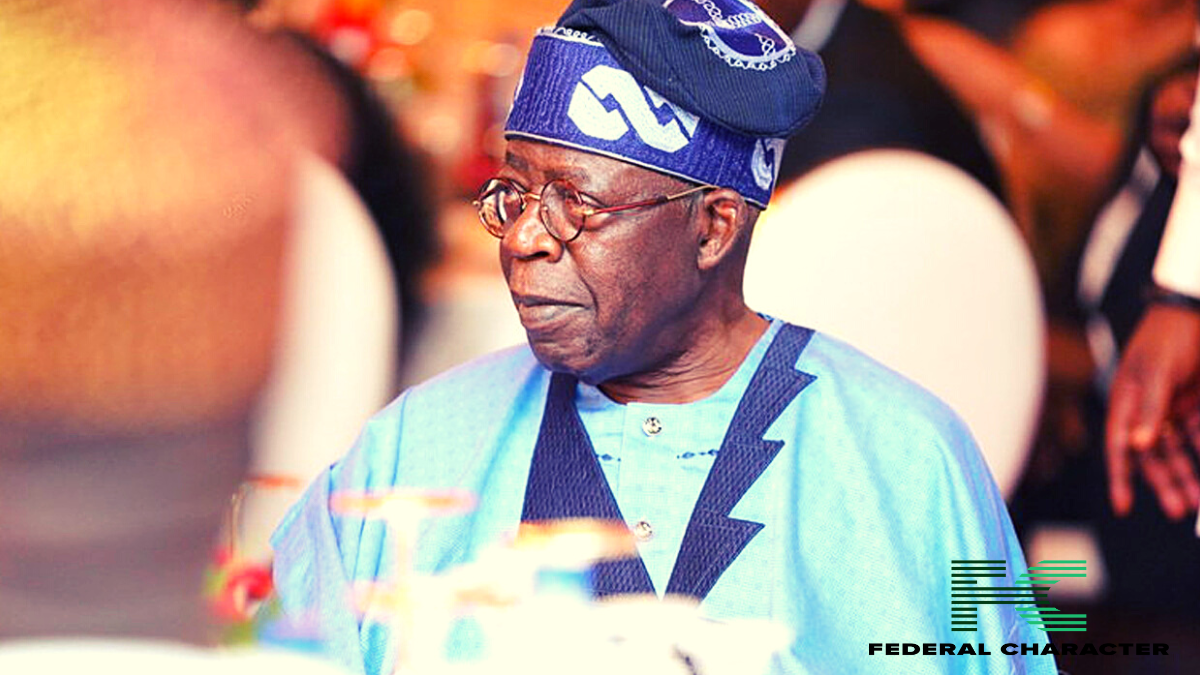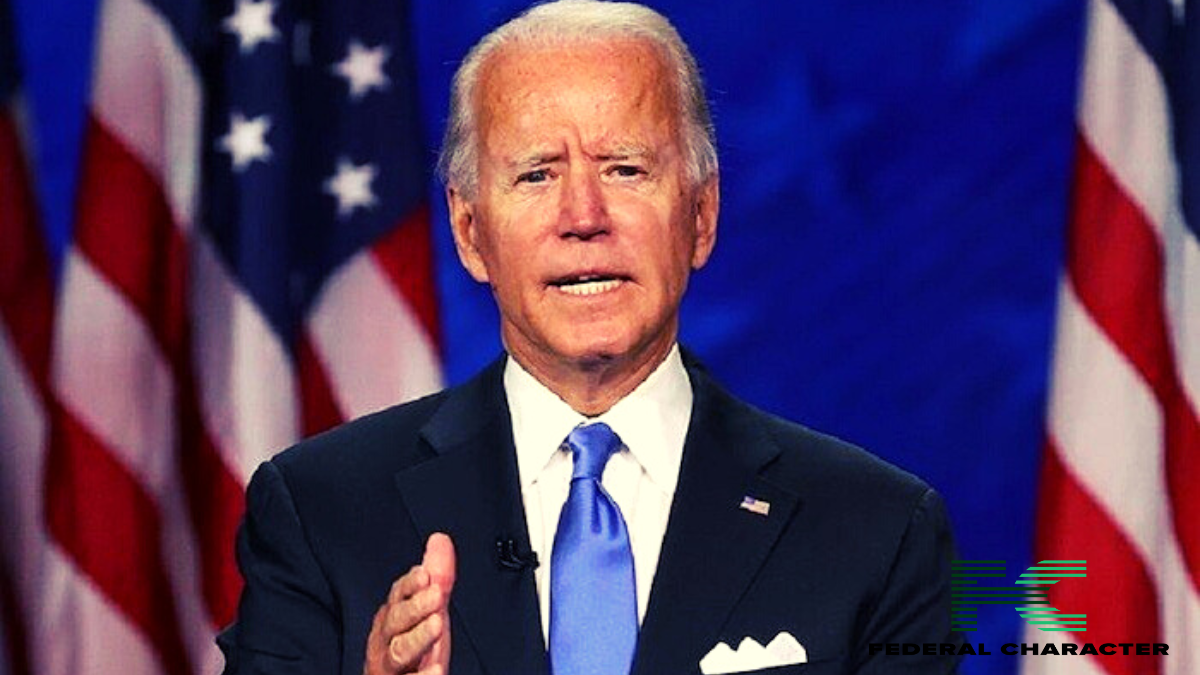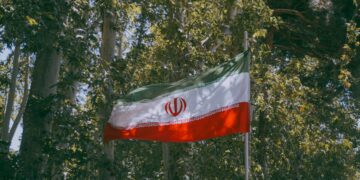During the final day of the BRICS summit, Russian President Vladimir Putin issued a stark warning to the West about its strategic attempts to defeat Russia. He referred to these efforts as “illusory calculations” made by those unfamiliar with Russia’s history. Putin emphasized the seriousness of the situation, indicating that Russia would not easily fall to the strategies deployed by Western nations.
Calls for BRICS Support
Putin also sought support from his BRICS allies, stating that the West is openly aiming to inflict a “strategic defeat” on Russia. The BRICS bloc, which is an intergovernmental organization for emerging economies, has typically focused on economic cooperation. However, Putin hinted at the need for a broader alliance—one that extends into military and financial cooperation to bolster Russia’s stance against the West.
Global Conflicts on the Agenda
The war in Ukraine was not the only topic of concern at the summit. Chinese President Xi Jinping highlighted the broader issue of global instability, warning of “serious challenges” facing the world. Xi expressed hope that BRICS nations could act as a stabilizing force for peace, specifically addressing the ongoing conflicts in the Middle East.
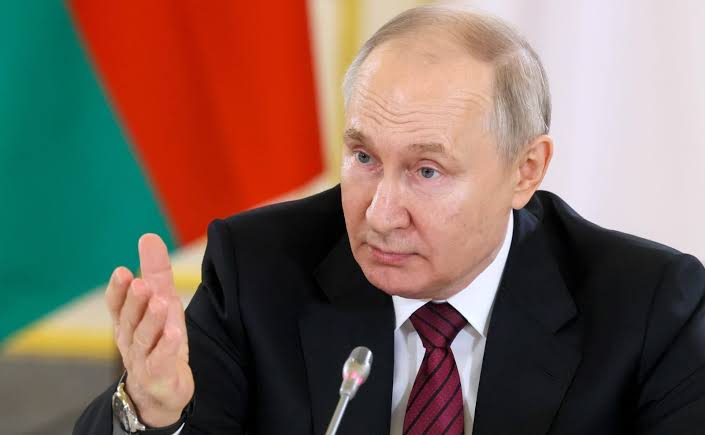
Xi called for continued efforts to push for a ceasefire in Gaza, the relaunch of the two-state solution, and the cessation of war in Lebanon. He underscored the need to prevent further suffering and destruction in both Palestine and Lebanon, urging for a united BRICS effort to curb these conflicts.
The Middle East on the Brink
Echoing Xi’s concerns, Putin acknowledged that the Middle East was “on the verge of full-scale war.” This statement underlined the urgency of the geopolitical crises taking place across different regions, with both the Ukraine war and the Middle East tensions dominating the discussions at the summit.
Calls to End the Ukraine Conflict
Putin faced pressure from some of his BRICS allies to bring an end to the Ukraine conflict, which started in February 2022 when Moscow launched a full-scale military operation. Despite these calls, there is little indication that Russia is willing to step back from its military campaign.
Guterres’ Involvement and Criticism
United Nations Secretary-General Antonio Guterres has been a vocal critic of Russia’s military offensive in Ukraine. He has warned that the conflict sets a “dangerous precedent” for the world and has been actively involved in peace efforts since the war began. Guterres last met with Putin during the early weeks of the invasion when he visited Moscow amidst Russia’s siege of Mariupol in southern Ukraine.
In 2022, Guterres played a crucial role in brokering a deal that allowed Ukraine to safely export grain from its ports, helping alleviate the global food crisis. However, direct diplomatic contact between Russia and Ukraine has been minimal since then.
Strengthening Ties with North Korea
As tensions with the West escalate, Russia has been strengthening its military ties with North Korea. Shortly before Putin’s address at the BRICS summit, Russia’s lower house of parliament ratified a defence pact with North Korea. The treaty promises “mutual assistance” if either country faces aggression, marking a significant deepening of military cooperation between the two nations.
Reports suggest that North Korea has already sent thousands of troops to Russia for training and potential deployment in Ukraine. Western nations suspect that Pyongyang is also supplying Moscow with weapons for its offensive in Ukraine. North Korean leader Kim Jong Un has referred to Putin as his country’s “dearest friend,” signaling the close relationship between the two countries since the onset of Russia’s invasion of Ukraine.
Conclusion
Several world leaders at the BRICS summit called for an end to the Ukraine conflict. However, Putin’s rhetoric and actions, such as strengthening ties with North Korea and seeking broader support from BRICS, indicate that Russia is preparing for a prolonged confrontation with the West. As global conflicts continue to escalate, the role of BRICS in promoting peace and stability remains a critical question.

